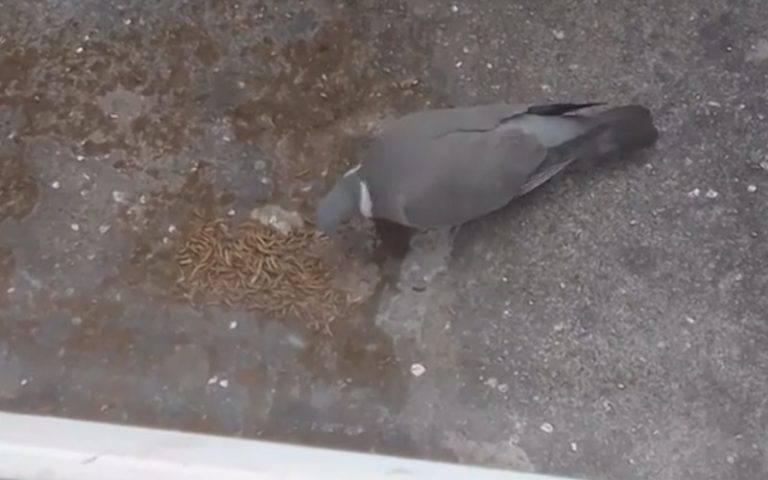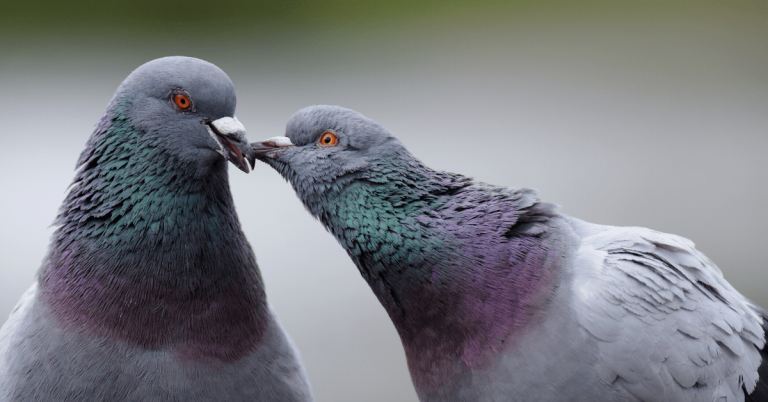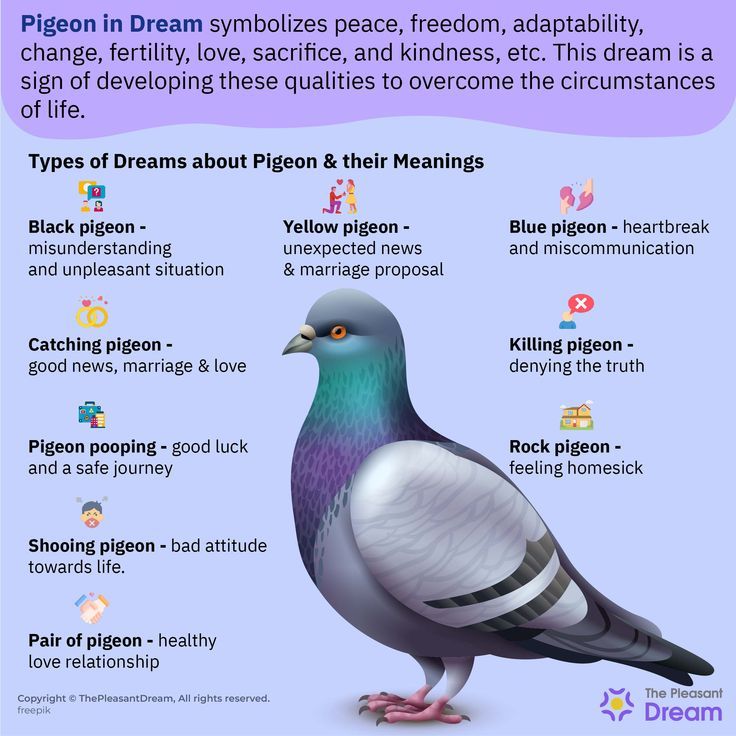How Much Is A Racing Pigeon? (Most Expensive Pigeons Listed)
A racing pigeon typically costs between $50 to $500, depending on pedigree, training, and performance. Prices vary, but a good-quality bird with proven racing abilities may be on the higher end of the range. Buyers often consider bloodline and previous race success when determining the value of a racing pigeon. Beginners might find affordable options, while seasoned enthusiasts may invest more in top-tier pigeons for competitive racing.
What Is the Fastest Pigeon?
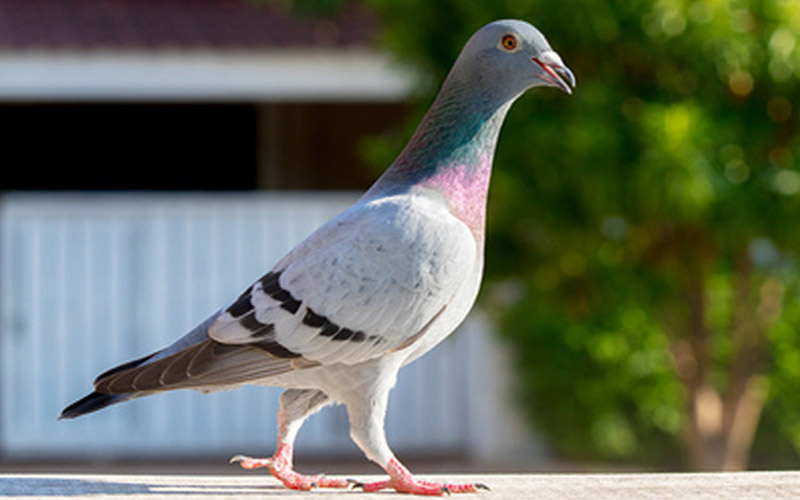
The “Cheq Hen,” a racing pigeon, holds the record for the fastest speed ever recorded by a pigeon. In 1992, this remarkable bird achieved a speed of 1108.92 meters per minute (68.77 miles per hour) during a race from Arras, France, to its home loft in Ghent, Belgium. Racing pigeons are known for their incredible homing abilities and impressive speeds during competitions.
Related: How High Can Pigeons Fly? (Ultimate Guide To Pigeon Flying)
Most Expensive Pigeons
Some of the most expensive pigeons ever sold include:
- “Armando“ – Sold for €1.25 million ($1.4 million USD) in 2019. This Belgian racing pigeon became famous for its exceptional racing performance.
- “New Kim” – Sold for €1.6 million ($1.9 million USD) in 2020. Another Belgian racing pigeon, “New Kim” broke the record for the highest-priced pigeon ever sold at auction.
- “Golden Prince“ – Sold for €360,000 ($410,000 USD) in 2019. This Belgian racing pigeon was highly sought after for its breeding potential.
- “Super Crack” – Sold for €310,000 ($355,000 USD) in 2017. Another Belgian racing pigeon is known for its exceptional racing abilities.
- “Nadal” – Sold for €325,000 ($376,000 USD) in 2018. This pigeon from Belgium gained attention for its impressive racing career.
Prices of Racing Pigeons
| Racing Pigeon Breed | Price Range (USD) |
|---|---|
| Homing Pigeon | $50 – $200 |
| Racing Homer | $100 – $500 |
| Dutch Capuchine | $150 – $700 |
| Tippler | $200 – $800 |
| Roller | $250 – $1000 |
| Saxon Fairy Swallow | $300 – $1200 |
| Modena | $350 – $1500 |
| Iranian Highflier | $400 – $2000 |
| Birmingham Roller | $500 – $2500 |
| Egyptian Swift | $600 – $3000 |
Most Expensive Racing Pigeons
The world of racing pigeons is a fascinating one, and some birds command extraordinary prices due to their pedigree, performance, and unique characteristics. Here are 7 examples of some of the most expensive racing pigeons:
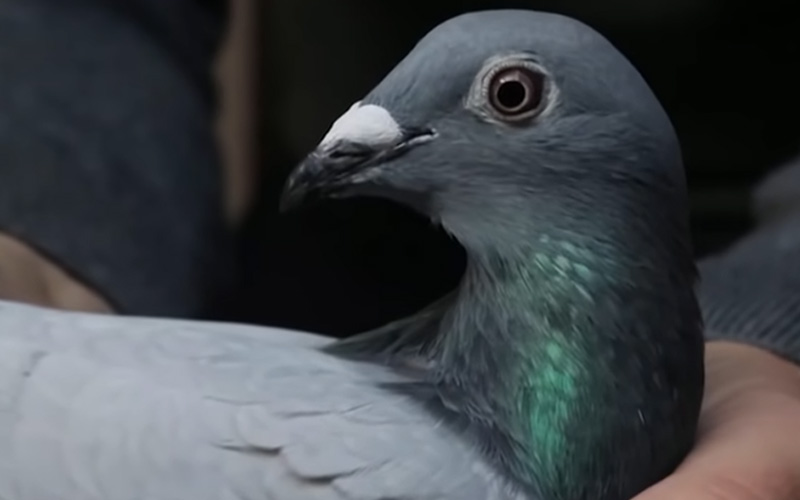
- New Kim: In 2020, a two-year-old Belgian racing pigeon named New Kim fetched a record-breaking price of €1.6 million (approximately $1.9 million USD) in an online auction. New Kim is considered one of the best long-distance racing pigeons in the world.
- Armando: Another Belgian racing pigeon, Armando, gained international attention when it was sold for €1.25 million (about $1.4 million USD) in 2019. Known for its exceptional breeding potential, Armando was highly sought after by pigeon fanciers.
- Blue Prince: In 2018, the Chinese businessman Xing Wei reportedly purchased a pigeon named Blue Prince for $1.4 million USD. The pigeon was bred by the Belgian breeder Gaston Van de Wouwer.
- Nadal: In March 2020, a pigeon named Nadal, also from Belgium, was sold for around $1.2 million. The buyer was a Chinese businessman.
- Golden Prince: This Chinese racing pigeon reportedly sold for a staggering $250,000 in 2013. Golden Prince was renowned for its impressive racing record and genetic lineage, making it a prized acquisition for its new owner.
- Bolt: Named after the Olympic sprinter Usain Bolt, this pigeon from the Netherlands was sold for €310,000 (around $360,000 USD) in 2020. Bolt gained fame for its remarkable speed and agility, reminiscent of its namesake.
- Nadine: In 2017, a Chinese businessman purchased Nadine, a Belgian racing pigeon, for approximately €400,000 (roughly $470,000 USD). Nadine was highly valued for her exceptional racing abilities and strong genetics.
Why Are Racing Pigeons So Expensive?
Racing pigeons can be expensive for several reasons:
Breeding and Pedigree
The lineage and pedigree of racing pigeons play a significant role in their price. Pigeons with successful racing ancestors or those from champion bloodlines are more valuable. Breeding programs invest time and resources to ensure the birds have desirable traits and genetic qualities for racing.
Performance Record
Pigeons with a proven track record in racing competitions tend to be more expensive. Successful racing pigeons have demonstrated their speed, endurance, and navigational skills, making them desirable for breeding and racing purposes.
Training and Conditioning
Owners invest in extensive training and conditioning programs to prepare racing pigeons for competitions. The time, effort, and resources dedicated to ensuring the birds are in peak physical condition contribute to their overall cost.
Health and Veterinary Care
Maintaining the health of racing pigeons is crucial for their success. Regular veterinary check-ups, vaccinations, and specialized care contribute to the overall cost of raising and maintaining these birds.
Transportation Costs
Racing pigeons often need to be transported to various locations for competitions. The logistics and costs associated with safely and efficiently transporting the birds can contribute to their overall value.
Specialized Equipment
Racing pigeons may require specific equipment such as specialized lofts, training facilities, and tracking systems. The investment in these facilities and tools to support the birds’ training and racing needs can contribute to their high price.
Market Demand
The demand for high-quality racing pigeons among enthusiasts and breeders can drive up prices. If there is a scarcity of pigeons with exceptional pedigrees or racing records, their value in the market increases.
Selective Breeding
Breeders often employ selective breeding techniques to enhance desirable traits in racing pigeons. The time and effort invested in these breeding programs contribute to the overall cost of the birds.
FAQ
Racing pigeons are not all male. Both male and female pigeons participate in racing. Pigeon racing involves releasing birds at a distance from their home lofts, and they race back. The birds’ natural homing ability is the key to their racing success, regardless of their gender.
Pigeon racing is indeed a hobby. People train and race their pigeons for fun and competition. It involves releasing pigeons from a specific location and timing how quickly they return to their home loft. Enthusiasts enjoy the thrill of watching their birds compete and often bond with other pigeon fanciers over their shared interest in this unique pastime.
There is typically a minimum age requirement for participating in pigeon racing. Most clubs and organizations set a minimum age of 16 to ensure participants have the necessary responsibility and commitment. Younger enthusiasts may engage in related activities under adult supervision, fostering a gradual introduction to the sport.
Insurance is available for high-value racing pigeons. Owners can safeguard their prized birds with specialized coverage, ensuring financial protection in case of accidents, theft, or other unforeseen events. This tailored insurance provides peace of mind for pigeon enthusiasts, guaranteeing the well-being of their valuable feathered competitors.


